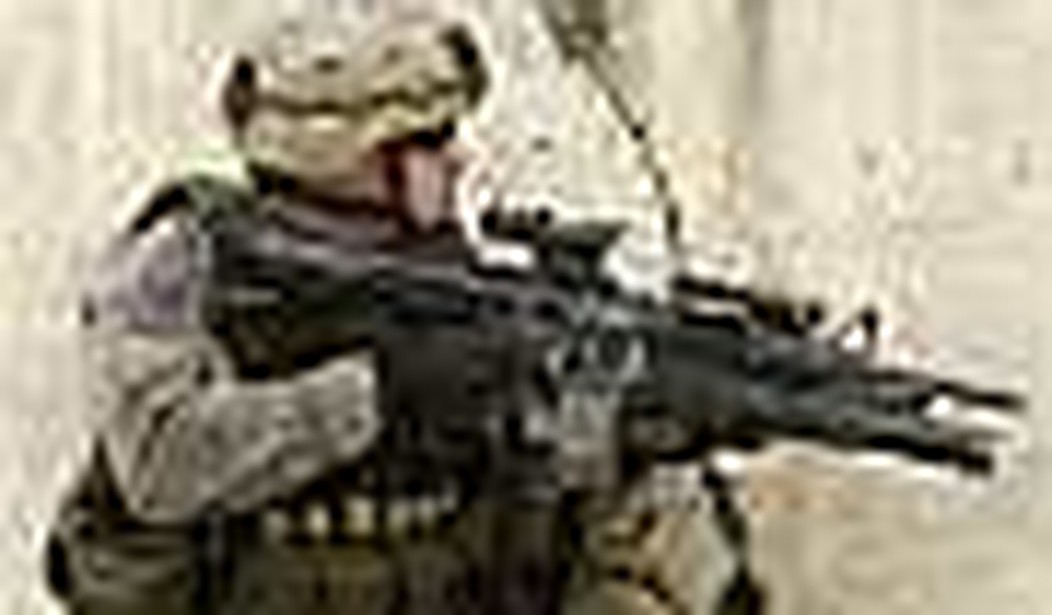To understand properly what the Bush administration’s legacy will be with regard to Iraq, one must comprehend the conditions Saddam Hussein subjected Iraq’s citizenry to prior to the country’s liberation in 2003. Moreover, one must compare those past conditions to the current condition of the newly forming democracy in the Middle East. Even so, the status of Iraq is constantly changing as the war winds down, and the threat of a resurgence in violence is, additionally, ever present; thus any assessment of Bush’s legacy regarding Iraq hinges greatly on the actions and decisions of the next commander-in-chief of America’s military forces, President-elect Barack Obama.
Prior to America’s intervention in the Middle Eastern nation, Iraqis were subjected to tyrannical rule, restricted in exercising their basic human liberties, and very often physically oppressed. Writing in the Boston Globe, columnist Jeff Jacoby extracted perhaps the most revealing quotation to explain Saddam Hussein’s Iraq from Kenneth Pollack’s then recently published book, The Threatening Storm:
This is a regime that will gouge out the eyes of children to force confessions from their parents and grandparents. This is a regime that will crush all the bones in the feet of a 2-year-old girl to force her mother to divulge her father’s whereabouts. … This is a regime that will burn a person’s limbs off to force him to confess or comply. This is a regime that will slowly lower its victims into huge vats of acid, either to break their will or as a means of execution. … This is a regime that will drag in a man’s wife, daughter, or other female relative and repeatedly rape her in front of him. This is a regime that will force a white-hot metal rod into a person’s anus or other orifices. This is a regime that employs thalium poisoning, widely considered one of the most excruciating ways to die. This is a regime that will behead a young mother in the street in front of her house and children because her husband was suspected of opposing the regime. This is a regime that used chemical warfare … not just on the 15,000 killed and maimed at Halabja but on scores of other villages all across Kurdistan.
In short, I believe it can accurately be said that no world leader was so evil, at least at the time of Pollack’s assessment. Hence, President Bush’s decision to liberate the Iraqi people from such blood-curdling terror was an act of courage that should be celebrated, even if the war in Iraq has not been perfectly executed.
Detractors of the Bush administration (just about everyone these days) choose to focus only on the imperfections of the liberation, while entirely losing view of the greater good that appears to have come about from Saddam Hussein’s downfall. But the fact must not be overlooked: An evil man has been removed from power, and the world is a better place because of this.
As it stands, conditions in Iraq are ever changing, just as one would expect in a war zone. But violence is at its lowest point in years; democratic elections have been successfully executed; and the greatest adversaries to a democratic Iraq seem to be fading.
And while major acts of violence — rather, when it appeared that America’s intervention in Iraq would be unsuccessful — were sure to be placarded across the front pages of all the major newspapers in America, the tremendous upswing in success in Iraq has shifted the focus of journalists and editors in the mainstream media elsewhere (mostly on the current misfortunes in Afghanistan, Pakistan, India, and, now, Israel).
But violence in the form of bombings, as well as other acts of terror, continues to threaten the prospects of the fledgling democracy. And, sadly, this appears to be an intrusion without a clear end in sight. Nevertheless, the conditions in Iraq have not appeared so promising in many years. Deaths are down and American combat deaths are at their lowest ebb since the beginning of the war.
The new administration — despite President-elect Barack Obama’s rhetoric on the campaign trail, in which he deplored legislators who authorized President George W. Bush to use force in Iraq for demonstrating “poor judgment” — is filled with former legislators who will surely want their own legacies to be properly restored by success in Iraq. Vice-President Joe Biden, Secretary of State Hillary Clinton, Secretary of Health and Human Services Tom Daschle, as well as others, will be eager to prove that their initial vote was not an indication of poor judgment. Rather, it was the correct judgment, recognized fully under a new administration.
The kind of success these politicians hope for, however, will now be attainable under a Democratic administration. After all, when it become politically important for these politicians to oppose the war (that is, in preparation for the 2004 general election), they all did, regardless of their support at the war’s onset.
President Bush’s legacy regarding Iraq, while ridding the world of a most evil man, will not be decided for decades to come. It rests largely on the viability of the democracy, which in turn relies on President-elect Obama’s actions to come. However, Obama’s own legacy will also be contingent on success an Iraq. So it can be expected that when he takes the oath of office on January 20, 2009, Obama’s rhetoric will reflect a new-found duty to see to it that the conditions in Iraq continue to improve and that the fragile democracy so courageously assisted by President Bush’s actions will be viable for generations to come.









Join the conversation as a VIP Member